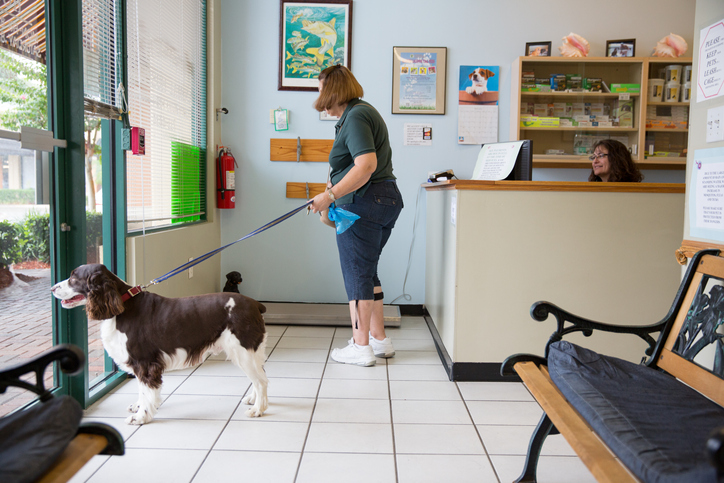There are a lot of misconceptions out there about the veterinary practice sales process. This isn’t surprising. After all, selling a veterinary practice is complicated, and complicated topics tend to create confusion. Unfortunately, if you’re considering selling your veterinary practice, relying on inaccurate information can cost you time and money. To help you avoid mistakes during the sales process, we’ve compiled a list of 4 common misconceptions about selling a veterinary practice.
#1: It’s easier to sell a small practice than a big practice
All veterinary practices, regardless of size, present their own unique challenges. From the standpoint of the buyer, a small practice can mean smaller profits. Large practices, on the other hand, also present challenges when it comes to selling. Therefore, it’s not wise to make assumptions about the ease or difficulty of selling a practice based solely on its size. Rather, when beginning the sales process, keep in mind that every veterinary practice sale is unique.
#2: Location doesn’t matter if the practice makes money
Profit is always important when it comes to selling a business. However, it’s a mistake to discount the importance of location. Even if a business is profitable, location will always be an important consideration for buyers. Therefore, regardless of profit, you must take your location into consideration when determining the value of your practice.
#3: You can determine the value of your practice based on a prior year
When determining the value of your practice, you are expected to consider the last three years—even if one or more of these years weren’t as profitable as you would have liked. However, even if you’ve recently experienced an earnings slump, you should remember that every business experiences fluctuations and potential buyers are usually willing to overlook a handful of underperforming years—especially if your practice has been successful in the past.
#4: You should sell stock in your practice rather than assets
There are two primary ways to sell a veterinary practice: through stock and through assets. Selling stock in your practice offers certain tax advantages, so many sellers prefer this method. However, when you decide on a stock sale, you decrease the number of potential buyers and the amount many buyers are willing to pay. Most buyers prefer to have the option to write off or depreciate some or all of a practice’s purchase price. When you sell stock instead of assets, buyers lose this ability. In addition, in many cases, the taxes saved via a stock sale are minimal, making an asset sale the best option for most practices.
Contact Our Experienced Veterinary Attorneys
Selling a veterinary practice can be a difficult process. Therefore, if you are interested in selling your practice, you shouldn’t try to do it alone. Instead, you should hire an experienced veterinary attorney to walk you through the process. At Mahan Law, we understand what it takes to successfully sell a veterinary practice. When you come to us for assistance, our experienced veterinary attorneys will do everything in our power to ensure that the sale of your veterinary practice is a success. Please contact us today to schedule a consultation.

